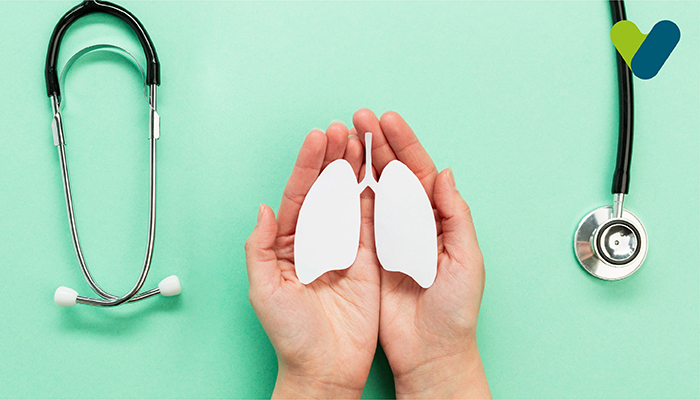Introduction
Gaurav was fit and fine when he got a fever. At first, he thought it was a viral fever, but later, he developed some severe symptoms like the discolouration of his skin and rapid breathing problems.When he consulted a doctor, he was asked to do several tests and an x-ray.
The results came and when the doctor saw the reports and confirmed that he had pneumonia with his symptoms.
Later on, it was discovered that Gaurav is a regular smoker and has severe lungs.
So the answer to his disease partly lies in his smoking habits and party on how it can be cured.
Definition:
Pneumonia is a form of infectious disease that irritates the air sacs of the lungs. The air sacs also get filled with pus or fluid, inflicting cough with phlegm or pus, fever, chills, and serious breathing problems. A kind of organism that is bad and consists of viruses, bacteria, and fungi, can reason pneumonia. Pneumonia can vary in seriousness from mild to life-threatening. It is highly critical for babies and younger children, or senior citizens older than age 65, and those with fitness issues or weakened immune systems.Symptoms:
The symptoms and signs of pneumonia range from mild to severe, relying on elements that include the kind of germ inflicting the infection and your age and average health. Mild symptoms and signs are very frequently confused with those of a viral fever or influenza; however, they ultimately last longer. And the signs of pneumonia may also include:- Chest ache while you breathe or cough
- Confusion or difficulty. fall in intellectual awareness (in adults age sixty-five and older)
- Cough, which produces phlegm
- Fatigue
- Fever, sweating and shaking chills
- Lower temperature (in adults older than age sixty-five and those with susceptible immune systems)
- Nausea, vomiting, or diarrhoea
- Shortness of breath
Pneumonia Cure:
Take antibiotics: pneumonia treatment includes taking antibiotics as it helps fight the bacteria that is building up inside the body. Antibodies help the body to fight any bacterial infection that is being built up in the body. Use cough syrups and tablets: Having pneumonia will make your throat sore, and you'll have problems even while drinking water. So it is advised to have a medicine or a cough syrup which will soothe the neck, and the soreness will go away. Consume pain relievers and massage: the pain caused by pneumonia is very intense, and you will have body aches almost in all the parts of your body. Massaging the body parts and having pain killers will relieve the pain and provide you with some relief. Vaccines: There are many vaccines available in the market which boosts up your immunity system. Taking will ensure you that you don't get infected by pneumonia very fast and protect you from other diseases.Protection from pneumonia:
Get vaccinated: Adults are also eligible to get vaccinated against the pneumonia infection so that they don't get it in the future. It helps in making the immune system strong and doesn't allow germs to enter the body quickly.Vaccinate your children: children can get infected very quickly, so it is essential to keep their immune systems. In doing so, you need to get them vaccinated as it increases the immunity power and will provide them with the strength they need to fight the bacteria.
Try To Stay hygienic: Hygiene is essential for keeping germs at bay. A proper hygienic routine will not allow germs to enter your body and help you fight the germs.
Say no to smoking: pneumonia is more attracted to regular smokers, so it is highly advised to people who smoke to be aware of this infection.


